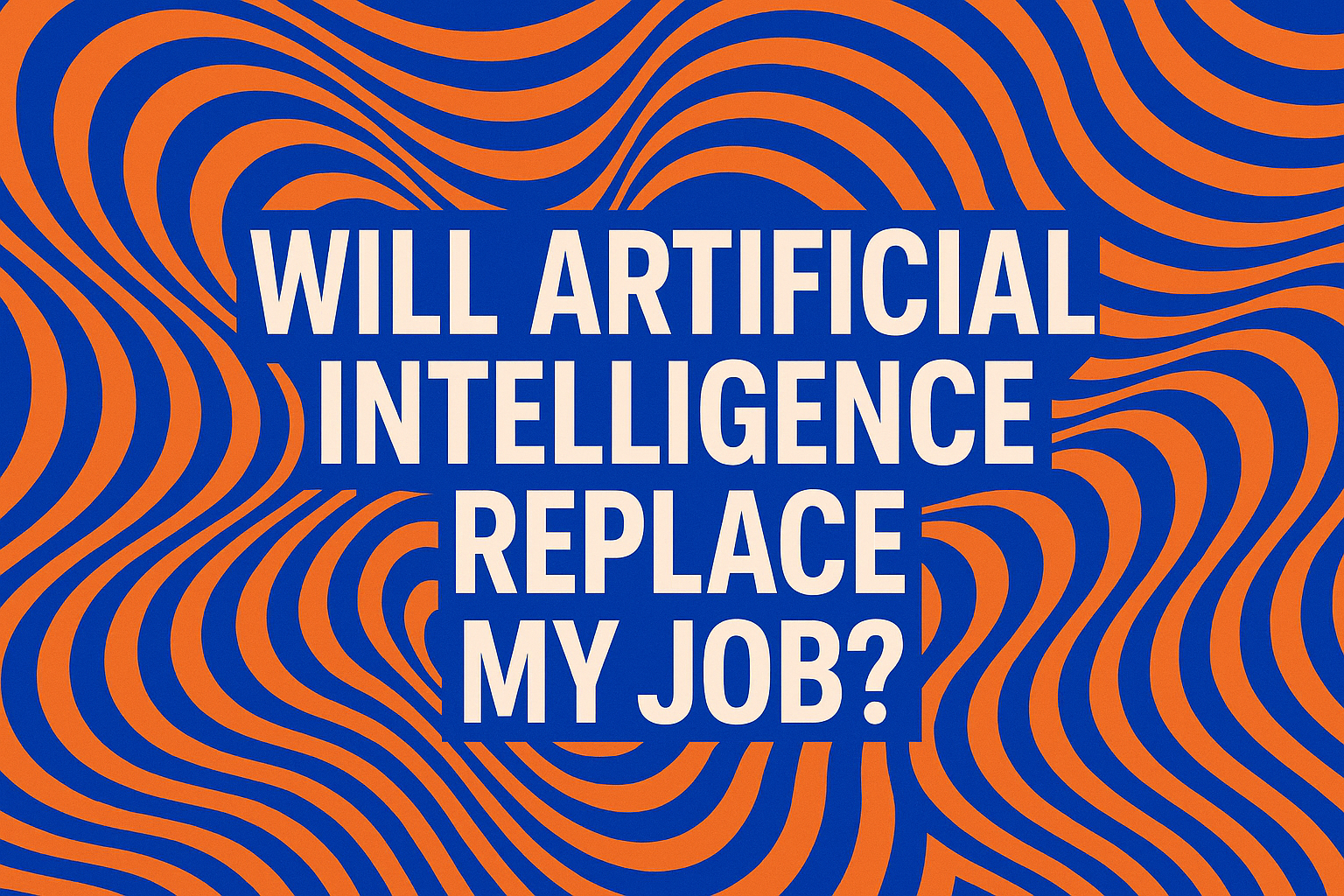I observed that during discussions with friends, the discussion always drifts here. While there are humongous uses and capabilities of AI, and the influence it is about to leave on our lives is just one part of that, this remains the most common query I hear during discussions or while eavesdropping on other individuals.
This topic became a hype quite quickly. As someone who started working on AI engineering on international projects much earlier than ChatGPT was even an idea, I try to continue with the vision that I had then neither succumbing to today's criticism nor hype. Sometimes it's hard, but that's how I go about answering questions such as this one.
My first tactic is: "What do the economics and the technology of this topic actually allow?"
Maybe that's a sort of "occupational hazard" from my engineering history.
For each occupation, two questions immediately start running through my head:
- Can it be done? (Including my cynical "break-even point" analysis)
- What's it costing?
I decided to approach this topic differently than anyone else.
You can know whether AI will computerize your profession by asking:
“Is it feasible?” and “What’s the cost?”
You’re Likely Safe If:
- Your work requires not so much physical strength but significant movement.
- It involves serious representation (face-to-face communication, representation duties, etc.).
- Your cost to the employer is low.
- The job requires a lot of supervision.
You’re at High Risk If:
- Most of your work is sedentary and mental, and you’re either not at the top of your field or are new.
- Your cost to the employer (salary, benefits, safety, meals, transport, visa, training, etc.) is high.
The Cost Factor
In situations where AI’s core costs hardware and job-specific adaptation are falling while its output is rising, the risk increases.
Or, if your personal cost is so high that developing job-specific AI becomes a major advantage, change happens fast.
The figures confirm this: high-level occupations that consist primarily of information processing are being fundamentally reorganized under the auspices of "support" by AI.
To take one example, in the financial industry, more than 70% of certain analyst tasks can now be done by AI.
Increasing production automation means that robots will more and more bear the brunt.
For example, when the daily minimum wage is X lira and the daily cost of operating a Baxter robot is X/50 and the cost over its lifespan is worth it in the long term, the transformation will speed up.
China's participation in this is also important: they're masters at minimizing costs. Even if they don't do it for their own workers, peddling gadgets to other countries that pay for themselves very quickly makes it likely they'll lead the pack.
Who's Safer in the Short Term?
Workers' jobs might not be in immediate jeopardy immediately in poor countries where labor is inexpensive.
But then production is bound to come back to developed countries, and the workers in developing countries will be out of work.
To look at this more accurately:
Why did production shift to developing countries in the first place? → Cost advantage.
Why did this cost advantage arise? → Low wages, low security levels, and a hard government taxing the producer as opposed to the manufacturer.
So what will now be? → The level of workers will be the least, and more will cost less to produce good products than even the cheapest country's manpower. (Since machines do it, not much matters regarding safety.)
Resources and nuclear power control by the developed world, they'll have low electricity cost. With their brand name, they'll be all the more powerful, widening the gap.
In a more integrated world with everything appearing to revolve around the most prominent neighborhood of the largest city of the largest nation and with fewer middlemen, I believe tax systems will never be the same.
If this is your topic of interest, I recommend that you read my article: Value Per Kilogram for Prosperity.
All Things Considered
It's worth getting this into your head: if your work creates things, codes, performs surgery, trims hair, or delivers dental care in a manner that can't fit into the mass-production paradigm, AI won't automatically replace you.
But if your work can be done by some person you've trained for a while, taught in steps, and who lacks your full expertise (and if such an operation makes up most of your work), you will likely need to transition into other jobs.
A Personal Story
Some time ago, as part of a business project in some European country, I visited a company that manufactured automation machinery for factories.
They emphatically asserted they were capable of doing most of their production totally without human labor.
There was a big window over the presentation room giving a view of the production floor.
Looking down from it, I could see all the production going on at the hands of human beings. I still remember the uncomfortable silence when I mentioned it during the presentation.
It is then I started thinking about my "If your job can't be part of a mass-production concept…" theory.
If you’ve read this far, I’d love to hear your thoughts.
Send me an email or a LinkedIn message, and let’s discuss it in detail.
Best regards,
Baha
